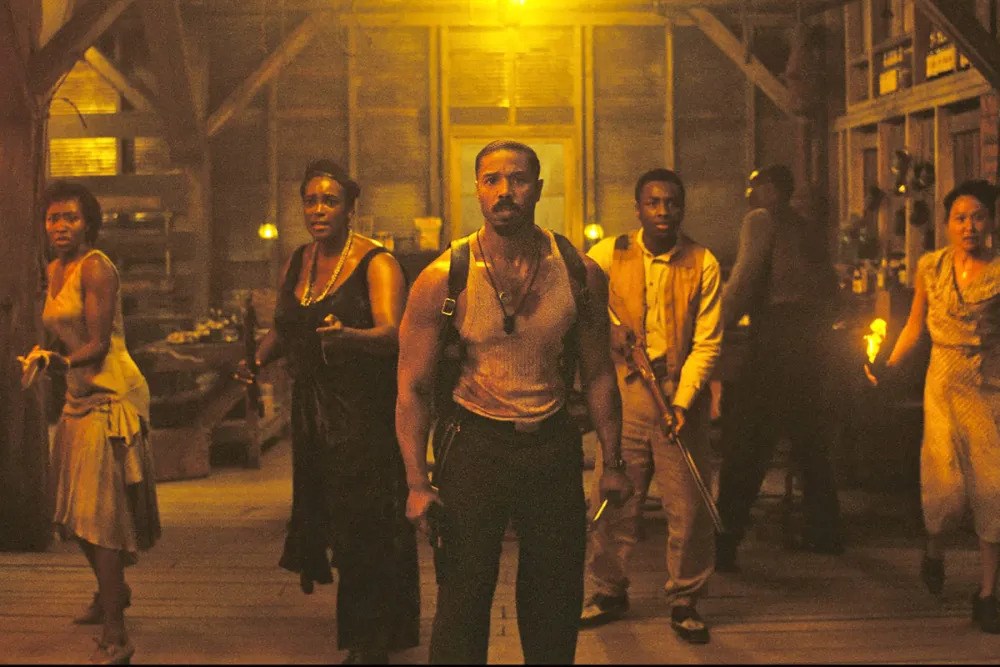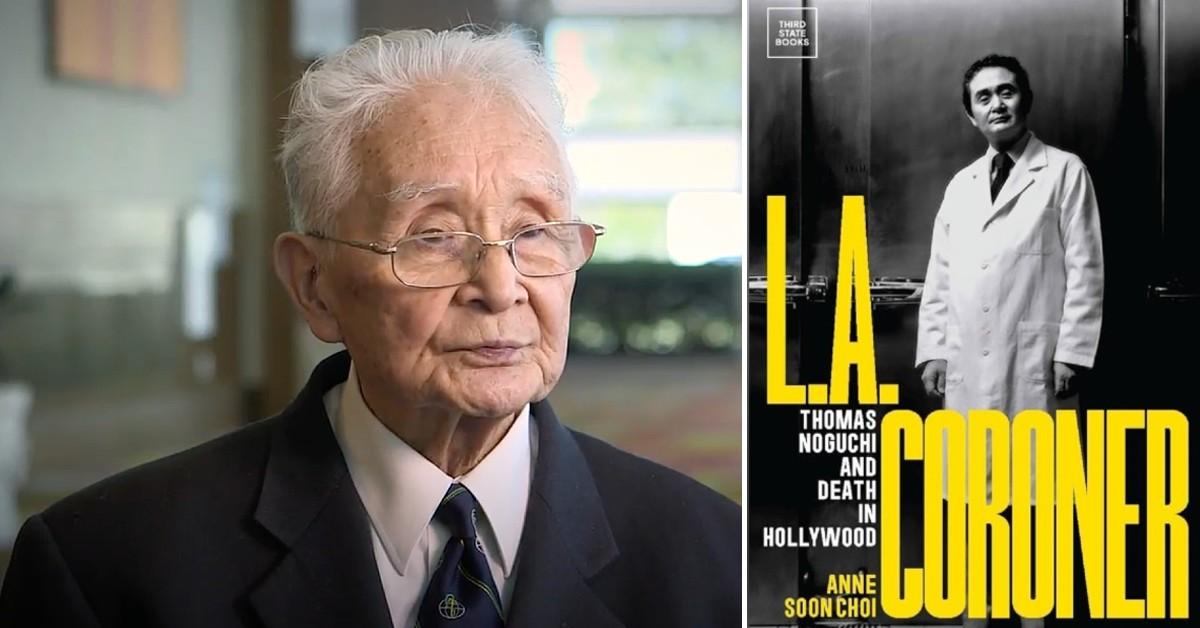Honoring Pope Francis: Four images from the pontiff’s teachings that should define his legacy

Etched into the ceiling of St. Peter’s Basilica in Rome are the words Jesus Christ spoke to the apostle Peter the night before he died. “I have prayed for you, that your faith may not fail,” Jesus said, commanding Peter to “strengthen your brethren.” The verse serves as a job description for each man chosen to occupy the office of St. Peter’s successor — most recently for Pope Francis, who died Monday morning at age 88. The papacy is a humble office, despite the pomp that often surrounds it. The pope is the custodian of a faith that’s already been definitively revealed by Christ, prohibited by divine law from ever teaching anything different. When he does teach, it’s to emphasize and clarify aspects of the faith that he thinks the Church and world need to hear. Pope Francis, in his 12 years in office, has done this in an inimitable style. His predecessor, Pope Benedict XVI, was a careful and soft-spoken theologian. Francis, whose ministry was shaped in the barrios of Buenos Aires, had a genius for the punchy and memorable turn of phrase. Popes aren’t infallible about everything, so we need to wait on history’s judgment — and, ultimately, God’s — to determine Francis’ legacy. But for now, here are four images from his teaching that have “strengthened” me greatly, which I hope he’ll be remembered by. The smell of the sheep Speaking to a group of priests mere weeks after his election (I was there as a young seminarian), Francis employed the Biblical metaphor of a priest as a shepherd, encouraging us to be so close to our people that we take on “the smell of the sheep.” But not just any sheep-smell. Francis was speaking on Holy Thursday, at the Mass where he blessed the sweet-smelling oils that the priests of Rome would use throughout the year, especially to anoint the sick and children at their baptism. The “smell of the sheep,” then, is actually the “odor of Christ.” By our zealous work bringing his anointing to our people, the pope was saying, his presence should rub off on us as well. The field hospital Of the many images that Scripture uses for the Church, Francis seized on one in particular — the hospital, a place of rest and healing — and gave it an interesting twist. Because of the urgency of its work, he says, the Church can be compared to a field hospital after a battle. Everyone the Church encounters carries deep wounds from sin, and the way those wounds are treated could shape their eternal destiny. A field hospital keeps its focus on the big picture: here, God’s transformative mercy. The image has limits. Unlike a field hospital, the Church is not temporary. Nor is it merely a place of recovery from trauma, but also of joyful friendship with God. (No one really wants to stay in a field hospital.) But as a warning against a complacent or bureaucratic mindset, it does the trick. A throwaway culture Francis was well-known for his environmental concern, focusing especially on the spiritual dangers that come from habits of mass consumption. The modern West, he says, has become a “throwaway culture,” where everything is seen as disposable. When that attitude is transferred to people, the weak suffer most, especially the elderly and the unborn. The throwaway culture also distorts our view of ourselves, especially in the times we need to ask for forgiveness. If I admit that I’m broken, many wonder, will I be discarded as well? I’ve often used Francis’s image when helping people prepare for Confession. Putting a finger on this spiritual sickness of our times helps to highlight by contrast the mercy of God. The Heart of Jesus Many are familiar with statues and paintings of Jesus that depict his heart in a visible form. Last year, Francis devoted a major letter to this striking expression of the Catholic imagination, explaining that Jesus’ “Sacred Heart” is the perfect image of God’s love. “God loves you” is a strange thing for some to hear, seemingly too abstract to have any relevance for one’s life. But Christians believe that Jesus is both fully God and fully human, which means all of his human expressions of love are loaded with the power that created the universe. And indeed, since his true human body rose from the dead, that human heart still beats with love for each person he created, an invitation to unite our hearts with his. May Pope Francis now experience in Eternal Life the love he spoke of so often here below. Fr. John Wilson is a priest of the Archdiocese of New York, where he has ministered in several parishes.

















